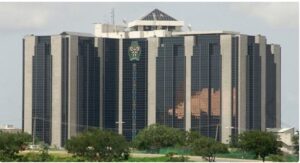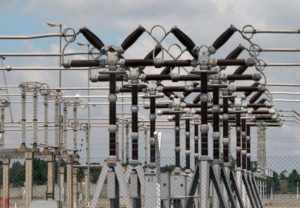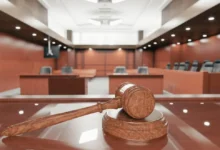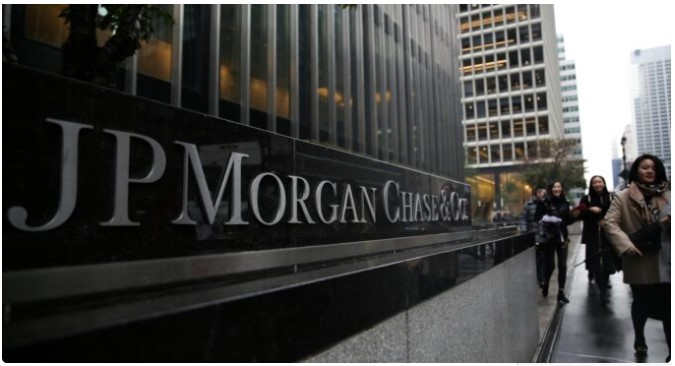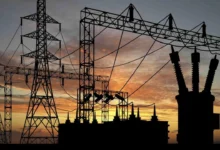Raise investment to N500bn or exit, HoReps tells DisCos
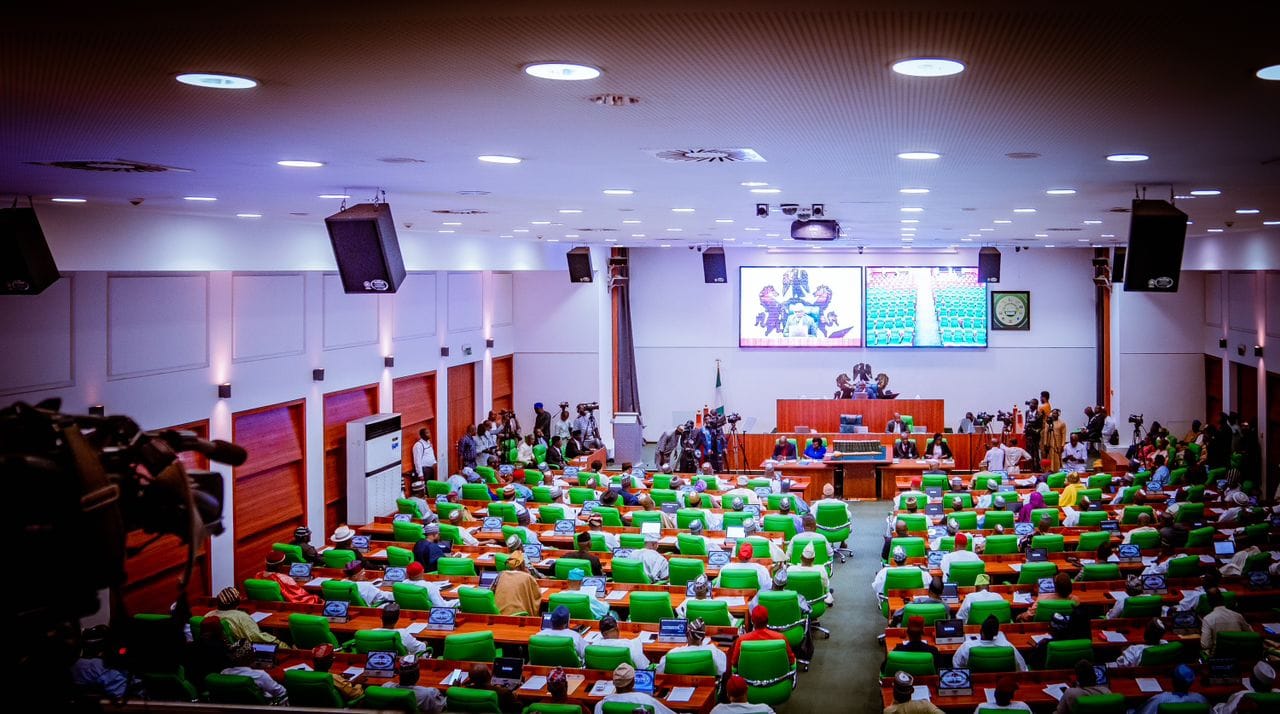
The House of Representatives on Wednesday called for a minimum of N500 billion recapitalisation threshold for the 11 electricity Distribution Companies (DisCos) in the country if they must remain in business.
The call is coming amidst concerns that a number of the distribution companies in the country have low financial capacity to make the necessary investments in power infrastructure for efficient service delivery.
The 11 distribution companies operating in the country include; the Eko Electricity Distribution Company Limited (Eko DisCo), Ikeja Electricity Distribution Company Limited (Ikeja DisCo), Kano Electricity Distribution Company (KEDCO), Yola Electricity Distribution Company (YEDC), and Jos Electricity Distribution Company (JEDC).
Others are; Abuja Electricity Distribution Company (AEDC), Ibadan Electricity Distribution Company (IBEDC), Enugu Electricity Distribution Company (EEDC), Kaduna Electricity Distribution Plc (Kaduna Electric) and Port Harcourt Electricity Distribution Company (PEDC).
The House said the move was part of measures aimed at ensuring that only distribution companies with financial strength that could provide maximum satisfaction to consumers are allowed to operate in the power distribution sector.
This is just as the House urged the Federal Ministry of Power to declare DisCos as “non-state actors” and take immediate measures to address “their reckless actions, threatening the nation’s economy.”
The resolutions followed the adoption of a motion moved by Rep. Ibrahim Ayokunle Isiaka at the plenary yesterday.
Presenting the motion, Isiaka lamented the activities of the DisCos in the country, saying that some of their recent actions were posing a threat to economic stability and welfare of Nigerians.
He noted that Nigerian consumers, despite paying for electricity meters’ installation in their houses, DisCos were demanding additional payments for replacement of their outdated meters “under dubious pretenses, undermining consumer trust and exacerbating financial burdens.”
Rep. Isiaka lamented that consumers are being coerced by the DisCos into paying for meters which they had earlier financed, causing financial strain on households and businesses already facing economic challenges.
He lamented what he described as “the sabotage of economic development” by DisCos, where essential services are used against citizens intended to serve, thereby stifling growth and development.
He said: “Despite constant regulatory oversight and demand for accountability by the Committee on Power from these companies, DisCos remained recalcitrant in operating with impunity and disregard for consumer rights”.
The House adopted the motion and mandated the Committee on Power to investigate the activities of the Distribution Companies (DisCos) in Nigeria, with the intent to hold them accountable and safeguard consumers’ rights.
The House also mandated the committee to examine the implementation of the regulations governing the operations of DisCos, to ensure transparency and fairness in dealings with consumers.
It also called for public awareness campaigns and initiatives to educate consumers about their rights and the proper channels for addressing grievances related to electricity services.
The committee is to report within four weeks for further legislative action.
DisCos’ liability, low capacity fuel call for recapitalisation
There have been concerns by power sector stakeholders, especially the generation companies, over the low capacity of many of the distribution companies to expand their power assets and infrastructure for efficient power distribution, have fueled the call for recapitalisation by the DisCos.
Many of the DisCos had at one point or the other enjoyed bailouts and interventions by the federal government to push through.
The federal government is said to have so far approved N1.623 trillion on various intervention funds since it privatised the power sector in 2013.
This amount is over three times what the federal government earned selling the assets, investigations have shown.
In July 2024, the Nigerian Electricity Regulatory Commission (NERC) had to roll out penalties against the electricity distribution companies upon their failure to take up at least 95 percent of the total monthly energy allocated for distribution to consumers.
In the commission’s order on a performance monitoring framework for all the DisCos, dated July 5, NERC introduced the penalties to protect electricity consumers.
Energy experts believe that with a solid capital base, distribution companies could expand their infrastructure and networks to be able to uptake and distribute the power generated by the generation companies (GenCos).
The call by members of the House of Representatives re-echoed a similar call made recently by the Managing Director of Azura Power West Africa, Edu Okeke, urging DisCos to recapitalise to the tune of $500 billion due to their liability and low capacity in the sector.
Edu, during a conference last week, stated that for any investment in the power sector to be viable, investors must be assured of cost recovery and it could be achieved through the customer paying for it or the government.
“However, this equation has a critical weak link — the Distribution Companies (DisCos), who directly interface with consumers. As things stand, even with tariff adjustments, many DisCos struggle to pay their total bills to the entire value chain. This is largely due to their lack of capacity to make the necessary investments to recover costs effectively,” he said.
He noted that to enable meaningful progress, DisCos must be adequately capitalised as most of them have negative equity, leaving them with little to no financial stake.
“This situation must change. Ideally, no DisCo should operate without at least $250 million in shareholder funds. Just as the Central Bank of Nigeria has raised capital requirements for banks to ensure their stability and capacity to serve, the Nigerian Electricity Regulatory Commission (NERC) should mandate similar capitalisation standards for DisCos.
“Many DisCos also carry a heavy burden of debt, accumulated over time through a mix of operational challenges and systemic issues. To truly address this problem, the government needs to come clean and take a decisive step. My recommendation is a two-pronged approach: to consider removing these debts from the DisCos books and mandating them to increase their capital by at least $500 million each. This will require existing shareholders to dilute their holdings to attract new investors with real capital to invest in infrastructure — not just on paper, but in transformers, cables, and equipment to serve customers reliably,” he said.
Daily Trust
| Join our new WhatsApp community! Click this link to receive your daily dose of NEWS FLASH content. We also treat our community members to special offers, promotions, and adverts from us and our partners. If you don’t like our community, you can check out any time you like. |

